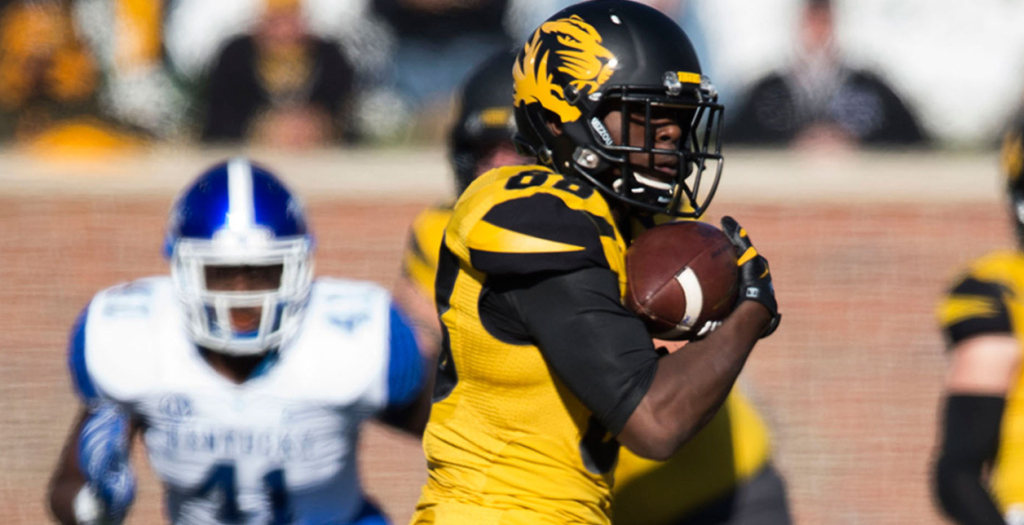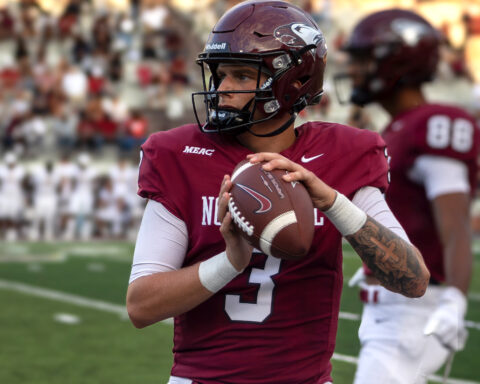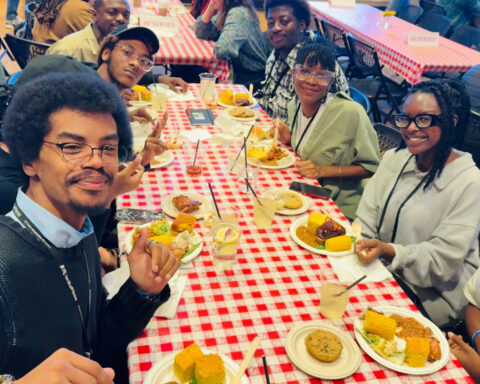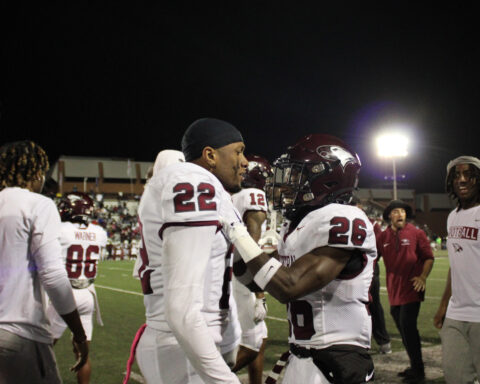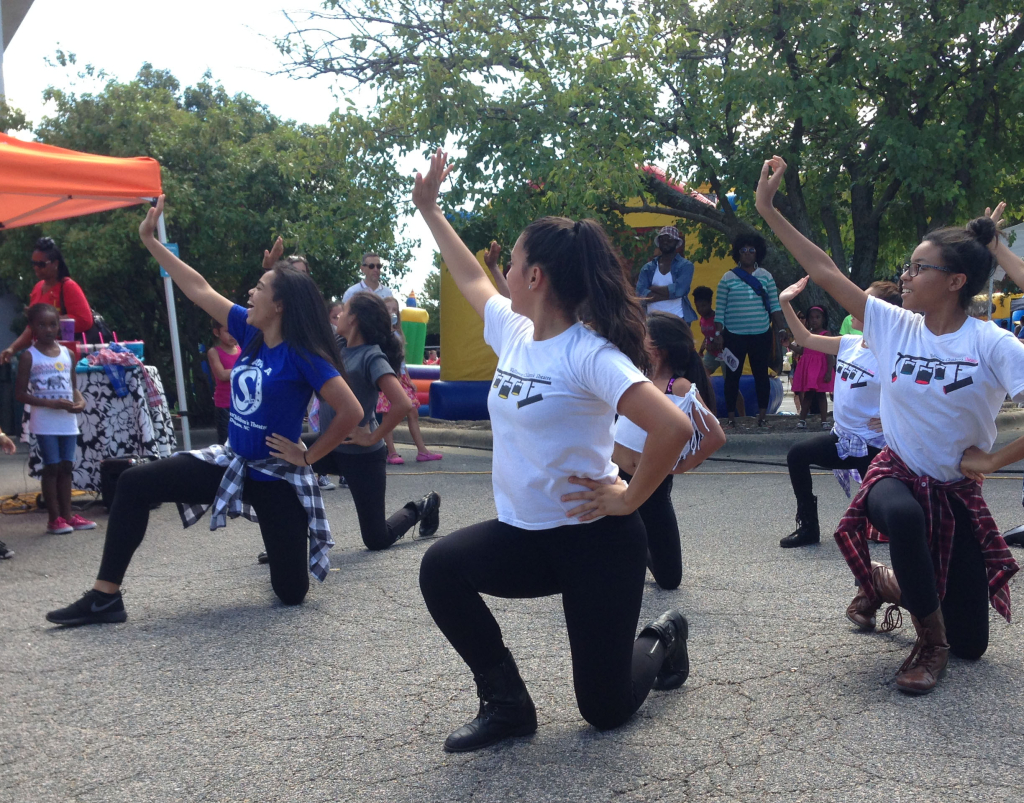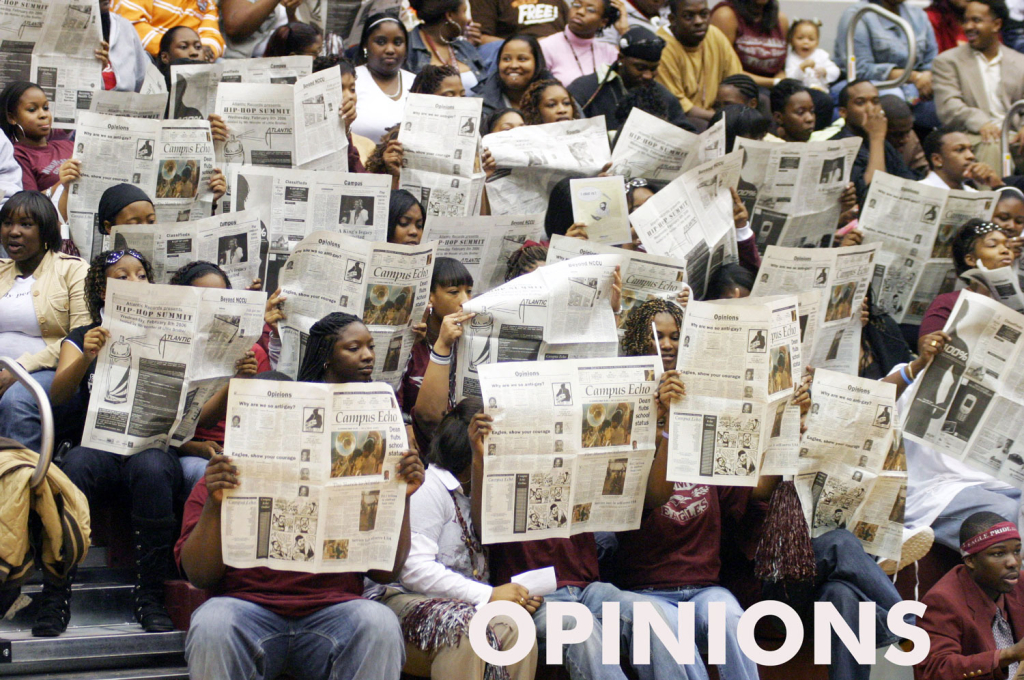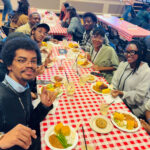COLUMBIA, Mo. – University of Missouri System President Tim Wolfe resigned Monday following protests over his handling of racial issues.
The school’s football team had gone on strike, and some professors were staging a walkout from their classes. A tent city had sprouted up on a campus quad. A graduate student had gone on a hunger strike.
On Monday morning, the University of Missouri system’s Board of Curators met in closed session to discuss the fate of Wolfe, whom students have accused of failing to act decisively in response to a series of racist incidents on this majority-white campus.
Some state legislators have also joined in calls for Wolfe’s removal. The university’s student government called for the president to resign Monday.
Wolfe was holed up in university offices past 1 a.m. Monday morning – seen through windows talking on a cellphone and meeting with other officials – having become the latest Missouri public figure caught in a cauldron of radical protest as pressure on campus built for a year, incident after incident.
There was the anonymous threat University of Missouri students spotted on social media app Yik Yak in December, after the riots in Ferguson, Mo.: “Let’s burn down the black culture center & give them a taste of their own medicine.”
This September, the president of the Missouri Student Association, Payton Head, who is black, said that he was walking through campus when a man in a pickup truck shouted a racial epithet at him.
“I’ve experienced moments like this multiple times at THIS university, making me not feel included here,” Head said in a Facebook post that went viral, with other students echoing his account with versions of their own.
Last month someone drew a swastika on a residence hall wall, using human feces.
The campus has since been increasingly roiled by protest, and campus observers say the dissatisfaction isn’t just limited to racial incidents.
Students also have accused university administrators of a lack of decisiveness in protecting graduate students’ health insurance plans from elimination and defending the university’s relationship with Planned Parenthood against attacks from conservative state lawmakers.
But race appears to have become the most volatile issue on a campus where racial unease has long simmered among black students and staff.
In 2010, two white students scattered white cotton balls on the lawn of the campus’s black culture center in what black students saw as a racist attack. They were convicted of littering.
Cynthia Frisby, a journalism professor, wrote in the Missourian newspaper this week that in her 18 years at the university, “I have been called the n-word too many times to count.”
Kim English, a black former player on the university’s basketball team, wrote on Twitter this weekend that “Oppression at my alma mater and in the state of my alma mater occurred LONG before the tenure of this System President.”
“If U were black at my Alma mater, and ur name was not Maclin, Denmon, Pressey, English, Weatherspoon, Carroll, etc. You didn’t feel welcome,” English said, listing the names of some of the university’s most prominent black athletes over the last decade.
But campus activists appear to have been emboldened by the protests they watched last year in Ferguson, about a two-hour drive away.
“A lot of Mizzou students traveled to Ferguson,” and those who didn’t “wanted to stand up and make a change,” said Ayanna Poole, a 22-year-old senior from Tyler, Texas, who is one of the founding members of the black campus activist group Concerned Student 1950. “I do believe it’s been a domino effect.”
The campus coalition’s name reflects the year the university began accepting black students. Today, more than 75 percent of the university’s 35,000 students are white.
Several black students have said some white students use the n-word or otherwise discriminated against them.
Poole recalled how she was kicked out of a fraternity party her freshman year after a man used the n-word and said, “All you … girls have to leave.”
Andrea Fulgiam, 21, a junior studying psychology and sociology, said when she sat down in a lecture class freshman year, the student next to her muttered, “I’m not about to sit next to this black girl.”
Fulgiam said a professor once told her she was only at the university because of affirmative action.
Parnell said when she transferred to the university last year, other black students warned her, “Don’t walk through Greektown,” the cluster of fraternities and sororities just off campus.
Wolfe, a former businessman, became president of the University of Missouri system in 2012 and has been targeted by students who accuse him of a lack of empathy for racial minorities.
Campus tensions reached a boiling point during the Oct. 10 homecoming parade, when student protesters blocked the parade route by standing in front of a car containing Wolfe. The car inched forward and, according to communications professor Melissa Click, bumped into a protester. Wolfe did not speak to the protesters, and police took them off the street, threatening arrest.
Wolfe “allowed his driver to try to drive around us, even hit one of us,” said Parnell, who participated in the demonstration. She said police threatened protesters with pepper spray and pushed them, and Wolfe “did not intervene whatsoever.”
Students also confronted Wolfe Friday night outside a fundraiser in Kansas City and challenged him to define “systematic oppression.”
A video clip shows him replying, “Systematic oppression is because you don’t believe that you have the equal opportunity for success,” before he is cut off by a chorus of people upset that he characterized oppression as a perception rather than a reality.
“Did you just blame us for systematic oppression, Tim Wolfe?” someone off-camera shouts as Wolfe walks away. “Did you just blame black students?”
Wolfe has issued a series of statements in recent days, including one Sunday in which he said, “It is clear to all of us that change is needed.”

